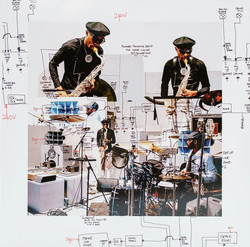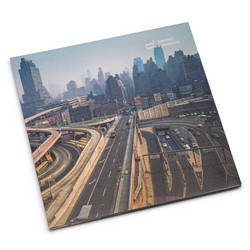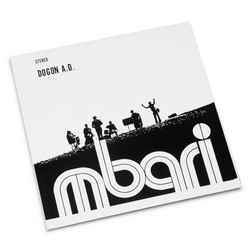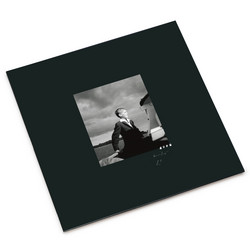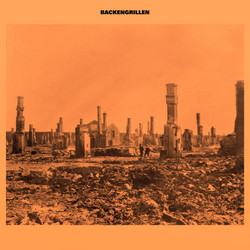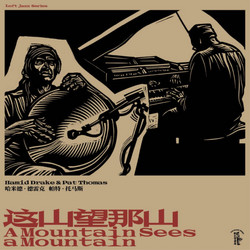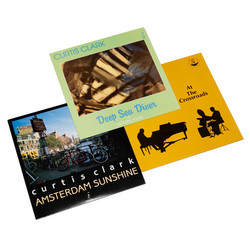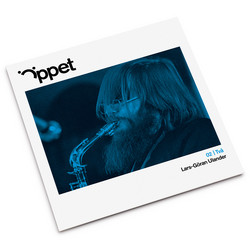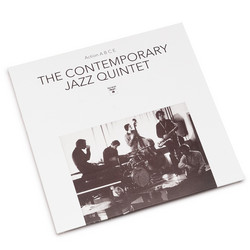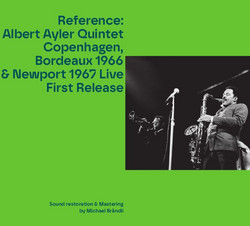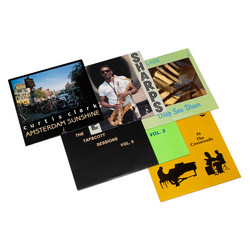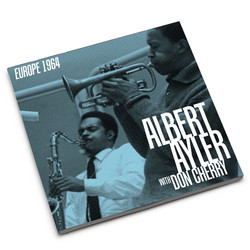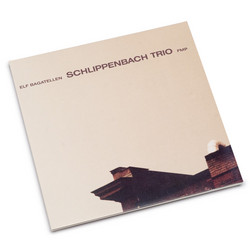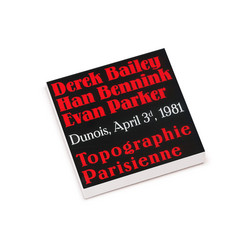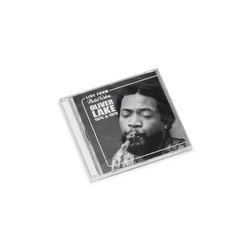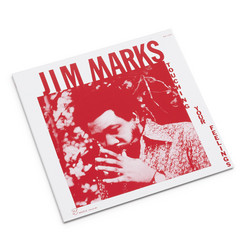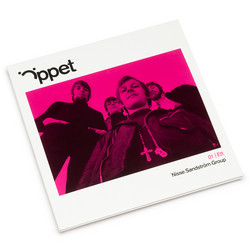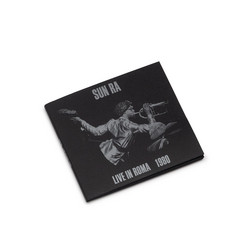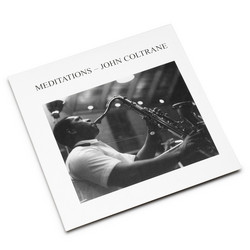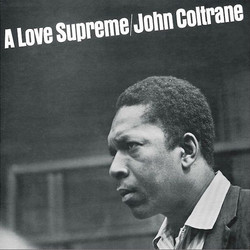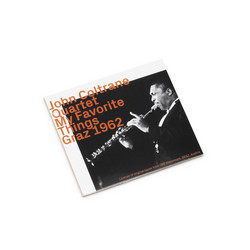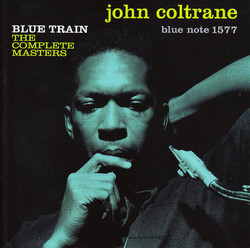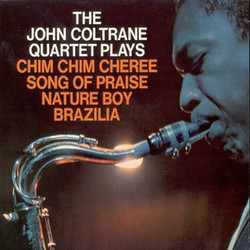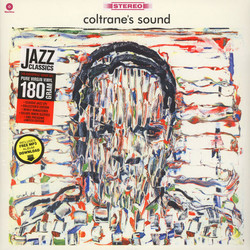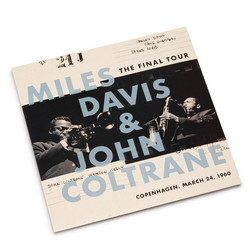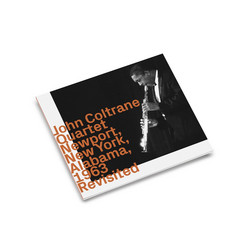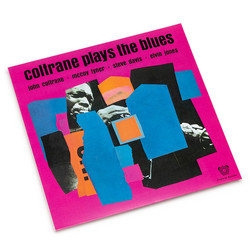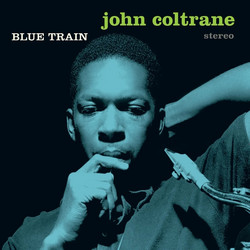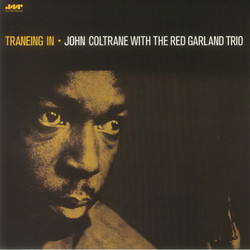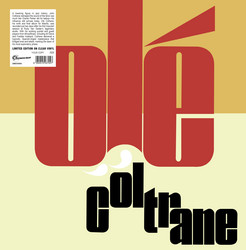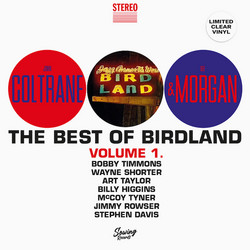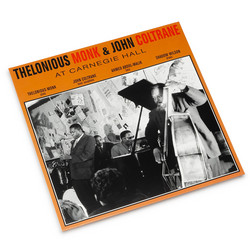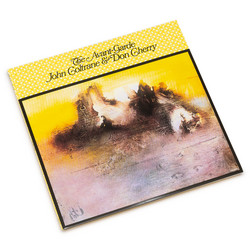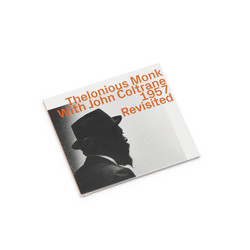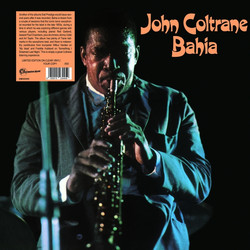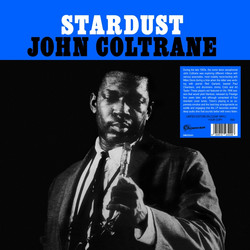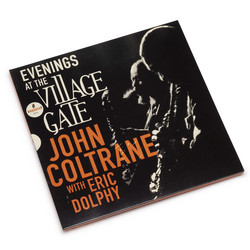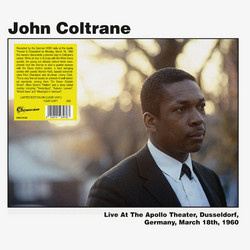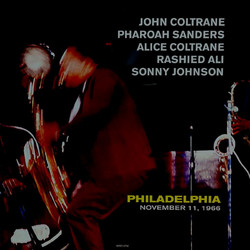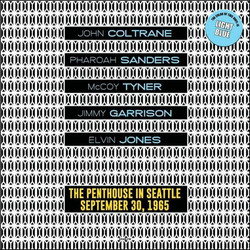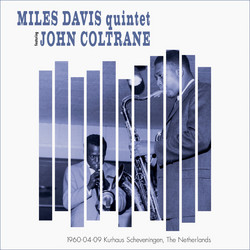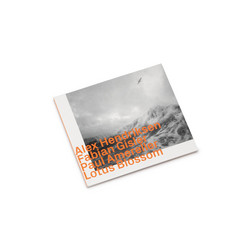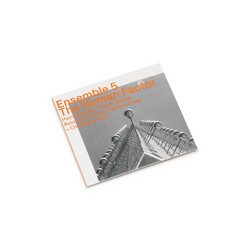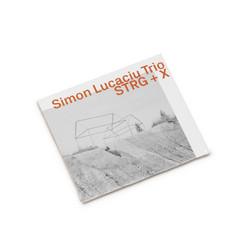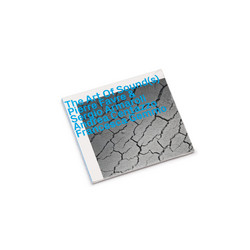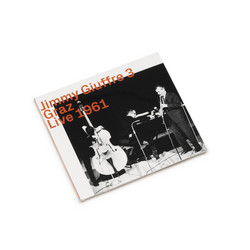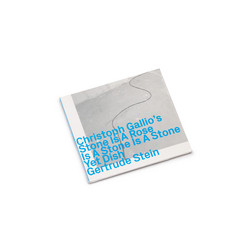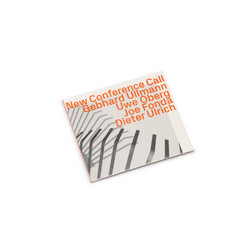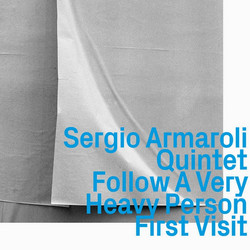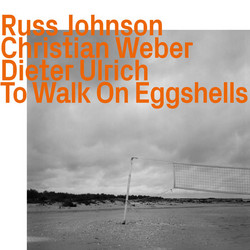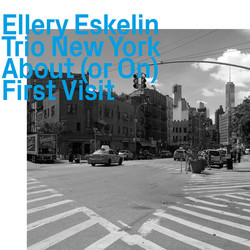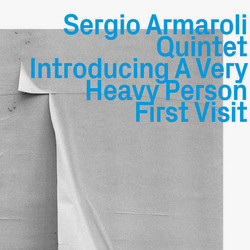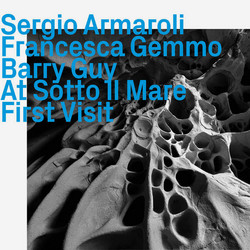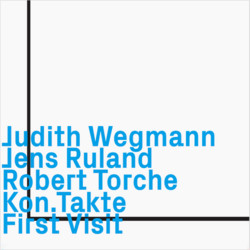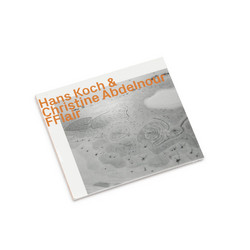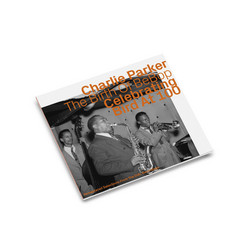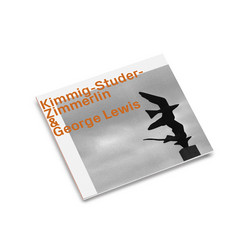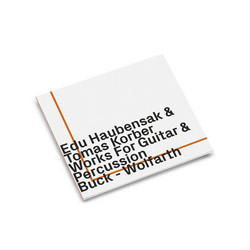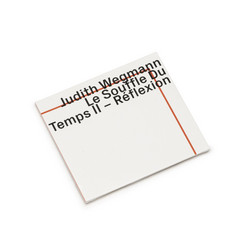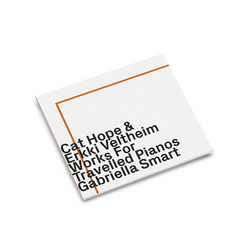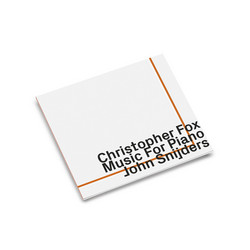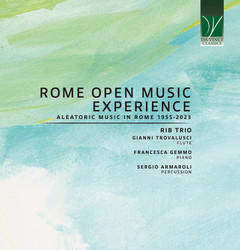**In process of stocking** "When John Coltrane toured Europe and Scandinavia with his quartet in the Fall of 1962, he was already embroiled in what was to develop over the years into an ongoing hailstorm of critical controversy. His personal odyssey to expand his knowledge and spirituality (which were indivisible in his perspective) through the exploration of music had, since 1957, inspired him to enter into an intense, thorough examination and reconfiguration of chordal harmony (his so-called "sheets of sound" period), then (thanks to an initiation by Miles Davis and George Russell) shift into modal structures that ultimately would allow him to loosen even further the constraints of harmony and rhythm, within a few years soaring into regions of "free" expression.
A number of critics and listeners alike were unable to penetrate the dense phrasing and chordal labyrinths of his late '50s Prestige recordings as a leader, and when Coltrane rejoined Miles Davis after an enlightening time in the Thelonious Monk quartet, he continued to puzzle at least a portion of the audience - as can be heard in the background of his solo on the Davis group's live version of "Bye Bye Blackbird" from Paris, 21 March 1960. By the time Coltrane returned to tour the Continent the next year, this time leading his own band including multi-reedist Eric Dolphy, the criticism had become more strident. John Tynan, in the pages of down beat, described the group as playing "musical nonsense," and claimed Coltrane and Dolphy "...seem bent on pursuing an anarchistic course in their music that can but be termed anti-jazz."
There's no doubt that Coltrane found Dolphy a kindred spirit, another explorer on a slightly different analytical path, and their 1961 live recordings together - especially those captured at the Village Vanguard - reveal a tectonic shift in Coltrane's approach, from transformational (in his probing, reconstructive use of standard material) to transcendental (both in motivation and the necessity of creating a newer, original format for his quest). It is interesting to read Coltrane's own thoughts on the matter at this time (I recommend Coltrane on Coltrane [Chicago Review Press], edited by Chris DeVito), especially his interest in the more unfettered playing of John Gilmore with Sun Ra (he particularly cites "Chasin' the Trane" from the Village Vanguard gigs as being influenced by Gilmore), and his attraction to the "freer" playing of Ornette Coleman; the addition of Dolphy brought him closer to both of those areas of investigation.
Coltrane's decision to cut back to a quartet for his 1962 European and Scandinavian tour was based on two reasons: one, pragmatic, as Dolphy had put together his own quintet, and two, creative, as Coltrane wanted to concentrate on a broader, distinctive approach to each of his instruments, the tenor and the soprano, while also developing a deeper interactive relationship with the other members of his quartet. McCoy Tyner offered a lyrical contrast to Coltrane's expansive essays, and Elvin Jones was beginning to push the saxophonist into uncharted rhythmic zones. Moreover, Jimmy Garrison had replaced another fine bassist, Reggie Workman, but brought a different sense of time feel and tonal solidity to the ensemble.
These are among the complex circumstances that Coltrane faced in November 1962. The program for the Graz concert was typical of the material the quartet revisited consistently throughout the tour. But the selections on this first volume have a pair of curiosities among them. "I Want to Talk About You" was one of Coltrane's favorite ballads from the time he first recorded it for Prestige in 1958, and he would continue to caress it not by running through its chords but in his most lyrical, melodically-inflected fashion - and conclude, as he does here, with an extended cadenza bordering on free paraphrase - for several years after. "Impressions" was another regular item in his repertoire, appearing initially at a Newport '61 concert; Tyner's piano is most impressive, and listen for Coltrane's anticipation of motifs that hint at A Love Supreme, still two years in the future
The curiosities, however, are "Autumn Leaves," which makes its only appearance among Coltrane's recordings here, and "The Inch Worm." The arrangement of "Autumn Leaves" is reminiscent of "Softly as In a Morning Sunrise" from the previous year's Village Vanguard performances. Tyner's piano intro seems especially motivated, and Coltrane's soprano entrance immediately launches into a hypnotic solo. "The Inch Worm" seems an unusual choice, a sentimental little melody composed by Frank Loesser and sung by Danny Kaye in the 1952 film Hans Christian Andersen. But as a potential modal vehicle for the soprano saxophone, it quickly becomes apparent that this simple tune in waltz-time - like the similar attempts with "Greensleeves" and "Chim Chim Cheree" - was aimed at recapturing the "My Favorite Things" formula. None of them had the sustained appeal of "Things," though, as we'll see in the upcoming release: John Coltrane Quartet : My Favorite Things Graz 1962 on ezz-thetics 2020."-Art Lange, Chicago, November 2019
"Executive Producer's note: The four tracks on this first release have been selected from the 1962 concert tape which Hat Hut Records has licensed from ORF Steiermark, Graz, Austria. I approached the program as I would have done with a studio recording, by deciding not simply to reproduce the concert, but to present the music from a dramatic perspective. The second release, which hopefully will follow soon, will present the concluding portion of the concert with a different dramatic perspective."- Werner X. Uehlinger
